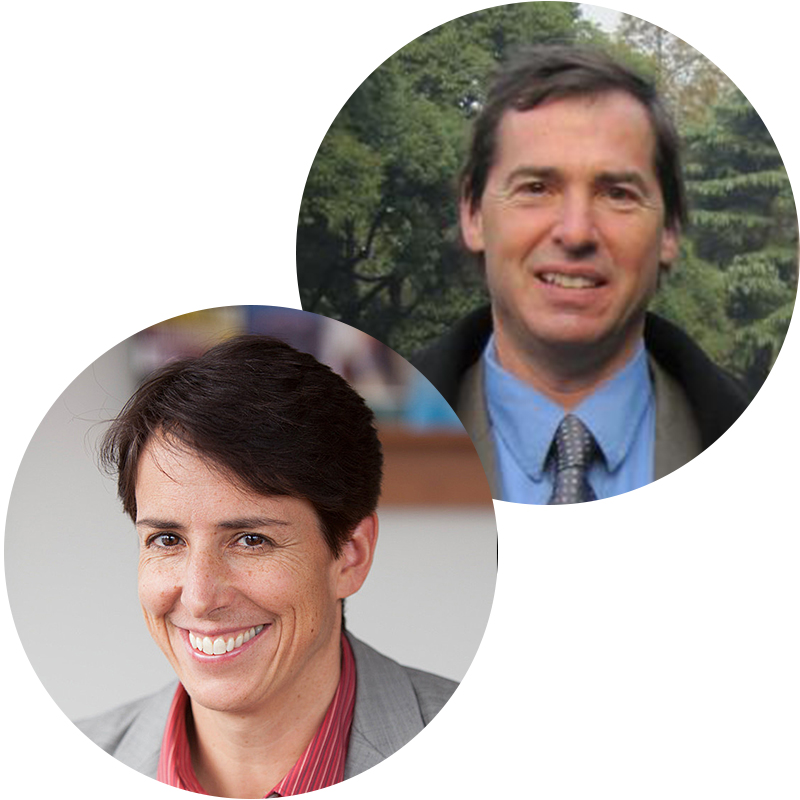David B. Grusky
David B. Grusky is Barbara Kimball Browning Professor in the School of Humanities and Sciences, director of the Stanford
Center on Poverty and Inequality, and coeditor of
Pathways Magazine. His research addresses (a) the role of rent-seeking and market failure in explaining the takeoff in income inequality, (b) the amount of economic and social mobility in the US and other high-inequality countries, (c) the role of essentialism in explaining the persistence of extreme gender inequality, (d) the forces behind recent changes in the amount of face-to-face and online cross-class contact, and (e) the putative decline of big social classes. He is also involved in projects to improve the country’s infrastructure for monitoring poverty, inequality, and mobility. His recent books include
Social Stratification (with Kate Weisshar; Westview Press, 2014),
Occupy the Future (with Douglas McAdam, Robert Reich, and Debra Satz; MIT Press, 2013),
The New Gilded Age (with Tamar Kricheli-Katz; Stanford University Press, 2012),
The Great Recession (with Bruce Western and Christopher Wimer; Russell Sage Foundation, 2011),
The Inequality Reader (with Szonja Szelenyi; Westview Press, 2011), and
The Inequality Puzzle (with Roland Berger, Tobias Raffell, Geoffrey Samuels, and Christopher Wimer; Springer, 2010).













